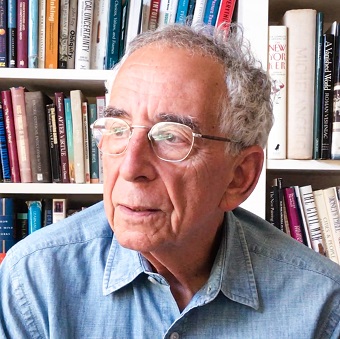| My own take on wisdom is very much inspired by Aristotle. And one of his central ideas is the importance of finding the mean, which he meant as the right amount, not the average, but the right amount. Lots of virtues become liabilities, become vices when they are carried to an extreme. One of the things we have to do is find the mean, between me and we. You can’t forsake your responsibilities to yourself. You also have to take seriously the responsibilities for other people. And it takes judgment, especially in this uncertain world to find the right balance between those two. Second, essential for wisdom is perspective taking, being able to see the world as other people see it so that you can be helpful to them. And in these uncertain times, actually being able to be helpful to other people demands that we understand what life is like for them, so that our interventions can be useful. Building up our perspective-taking muscle will make us wiser. And the last is, there is I think, a trade off in general, between freedom on the one hand and security on the other. Here too, we need to find the mean. In Western affluent societies, we have largely taken security for granted. And we have emphasized freedom, freedom, freedom. The pandemic is demanding that we find a way to balance our legitimate concerns about freedom and autonomy with equally legitimate concerns about security and finding the right balance between those two will require us to develop a kind of situation -by-situation judgment. There’s no rule, there’s no formula that will enable us to find the sweet spot where we don’t take security for granted and we don’t forsake all freedom. |


